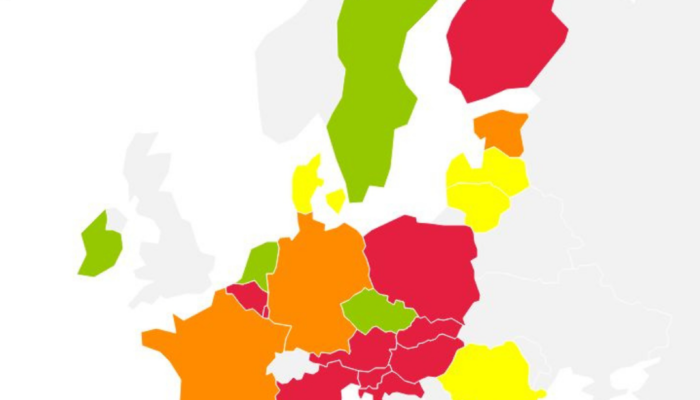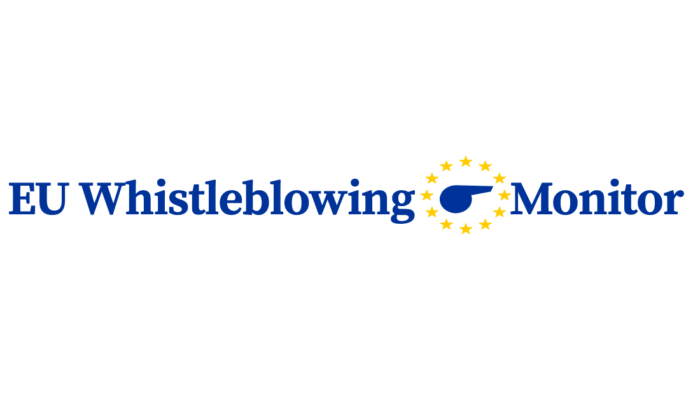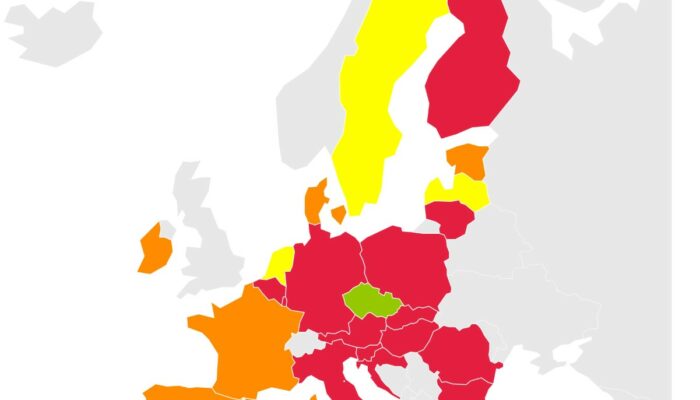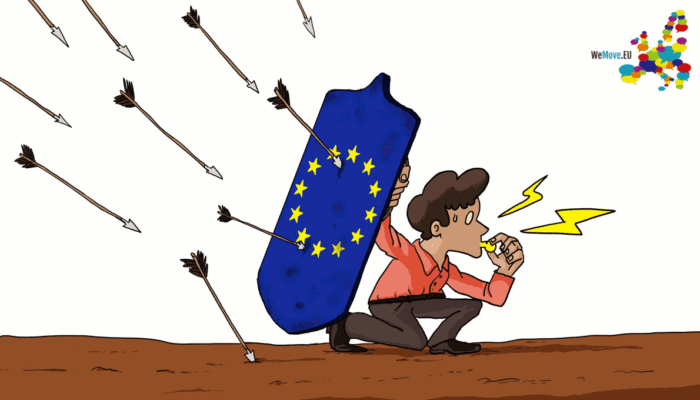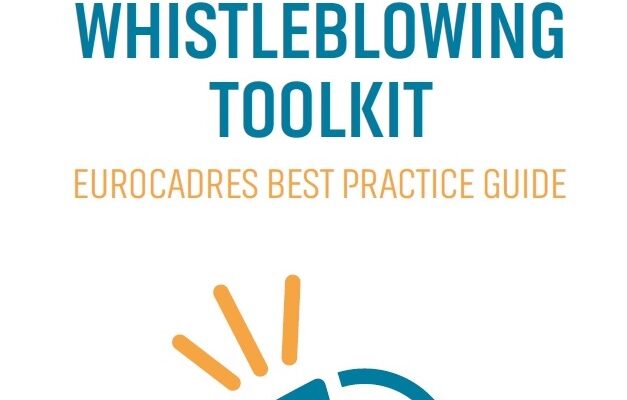The Duty Speech Loophole: how the EU Whistleblower Directive could backfire against its own objectives
Tom Devine, Legal Director of the Government Accountability Project (a co-founder of Whistleblowing International Network) explains that unless a serious “technical contradiction is resolved [the EU draft directive] could backfire against its own objectives, against employers and especially against whistleblowers”
This article first appeared on the Whistleblowing International Network website
Devine urges the European Council to avoid violating fundamental global best practices in whistleblowing laws by adopting the precedents of EU member states of Ireland and the Romanian Presidency Romania where no such mandatory internal reporting through designated channels exists.
Reporting internally should be protected easily.
Reporting internally should be protected easily – organisations should want to learn about any and all potential problems early and promptly with few barriers for staff to speak up safely. However, according to the draft directive, staff will only be protected from retaliation if they use the official channels employers will be required to set up. This misunderstands the essence of all whistleblowing laws to create safe channels for the free flow of information in order to responsibly exercise authority.
Good employer whistleblower arrangements are those that support rather than replace regular communications
Good employer whistleblower arrangements are those that support rather than replace regular communications that occur as part of everyone’s job responsibilities within any business or organisation. Instead, the EU draft directive seeks to limit protected reports within the employment relationship to a single designated channel. This risks undermining employers’ management structures and risk management systems, leaves whistleblowers defenceless if they are retaliated against for doing their jobs, and diverts information away from those who need it the most.
The EU draft directive seeks to limit protected reports within the employment relationship to a single designated channel.
After 40 years of advising whistleblowers and being at the forefront of laws to protect whistleblowers in the United States and around the world, Tom Devine’s expertise is grounded in the reality of whistleblowing and what makes good organisations even better. The European Council should be listening.
MORE ARTICLES
Progress update: Are EU Governments taking whistleblowing protection seriously?
Today, on World Whistleblowing Day 2021 – less than 6 months before the deadline to transpose the Directive – we highlight key developments in EU countries since the publication of the report.
New civil society monitor on the EU Whistleblowing Directive
The partnership of Eurocadres, the Whistleblowing International Network (WIN) and Transparency International EU is delighted to announce the development and launch of EU Whistleblowing Monitor, a new online platform to monitor transposition and implementation of the EU Directive on Whistleblowing (2019/1937) across Europe.
EU whistleblowing provisions need adjustments in member states
Seven months remains for EU member states to transpose the whistleblower directive into national legislation.
Can transposing the Whistleblower Protection Directive be done on time? Maybe, but not at the cost of transparency and inclusiveness
EU governments were given two years to bring their national whistleblowing frameworks in line with the EU Directive on Whistleblower Protection.
Are EU Countries taking whistleblower protection seriously?
Transposition of the Whistleblower Protection Directive is a chance to ensure that people can expose abuses safely across the European Union – but EU nations might be letting the opportunity pass us all by.
EU Whistleblowing Meter monitors transposition process
The EU Whistleblowing Meter tracks the progress of transposition in each country.
Half a decade of whistleblower directive advocacy
Professor Wim Vandekerckhove from University of Greenwich has analysed the work of the platform in reaching a directive proposal on the protection of whistleblowers.
EVENT – Call to action: Whistleblower protection across the EU, 23 February
EVENT – 23 February, 14:00 – 15:30 (CET)
Best practice guide on whistleblowing for trade unions
What should be the role of trade unions in whistleblowing? Which internal arrangements, should be in place to establish a culture which promotes whistleblowing?
EU Whistleblowing Meter Launched to Monitor Transposition of EU Directive on Whistleblowing
On World Whistleblowing Day, 23 June, the Whistleblowing International Network along with its many partners and colleagues across Europe are launching the EU Whistleblowing Meter


